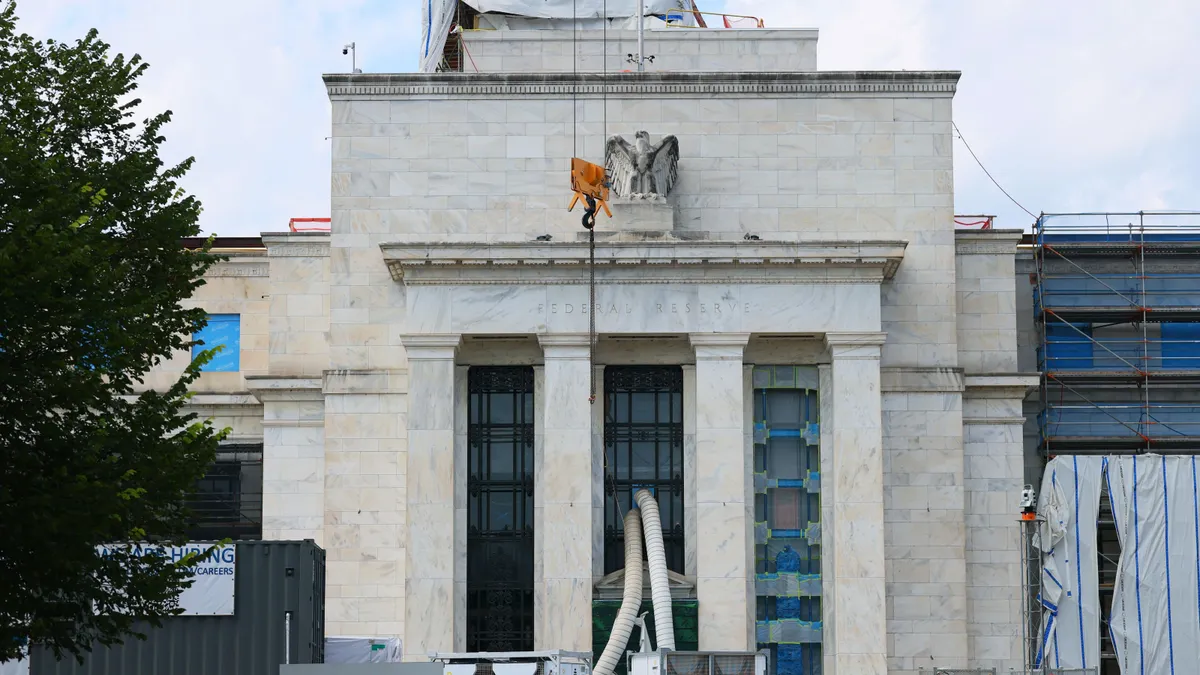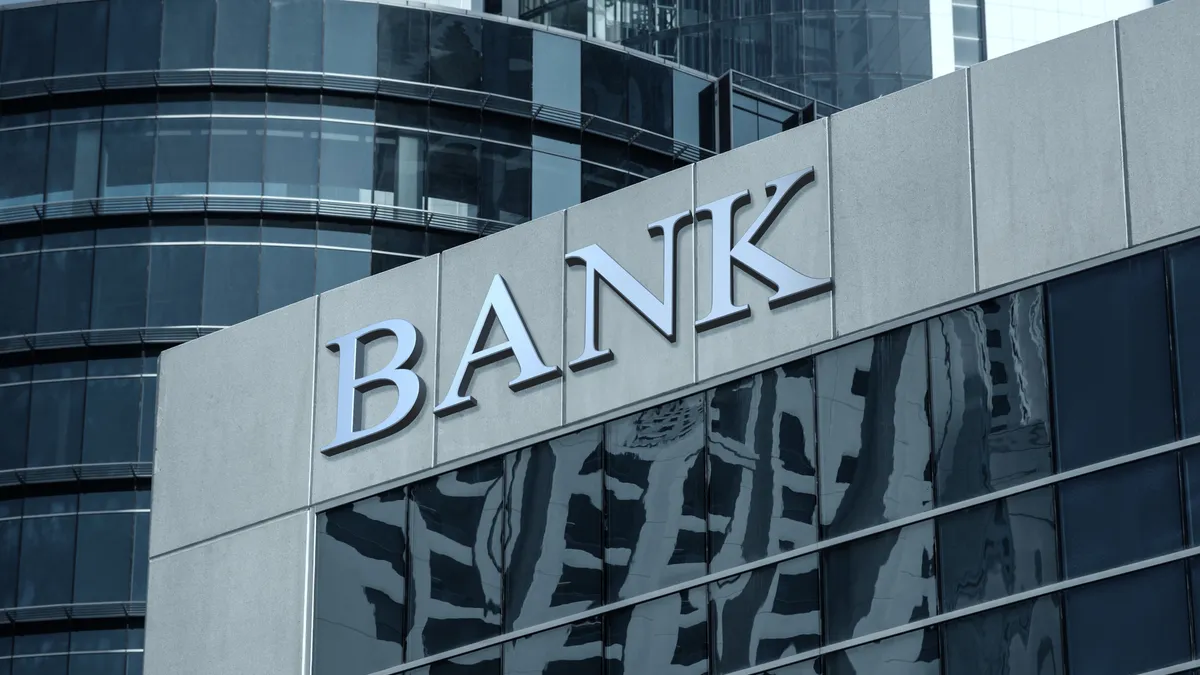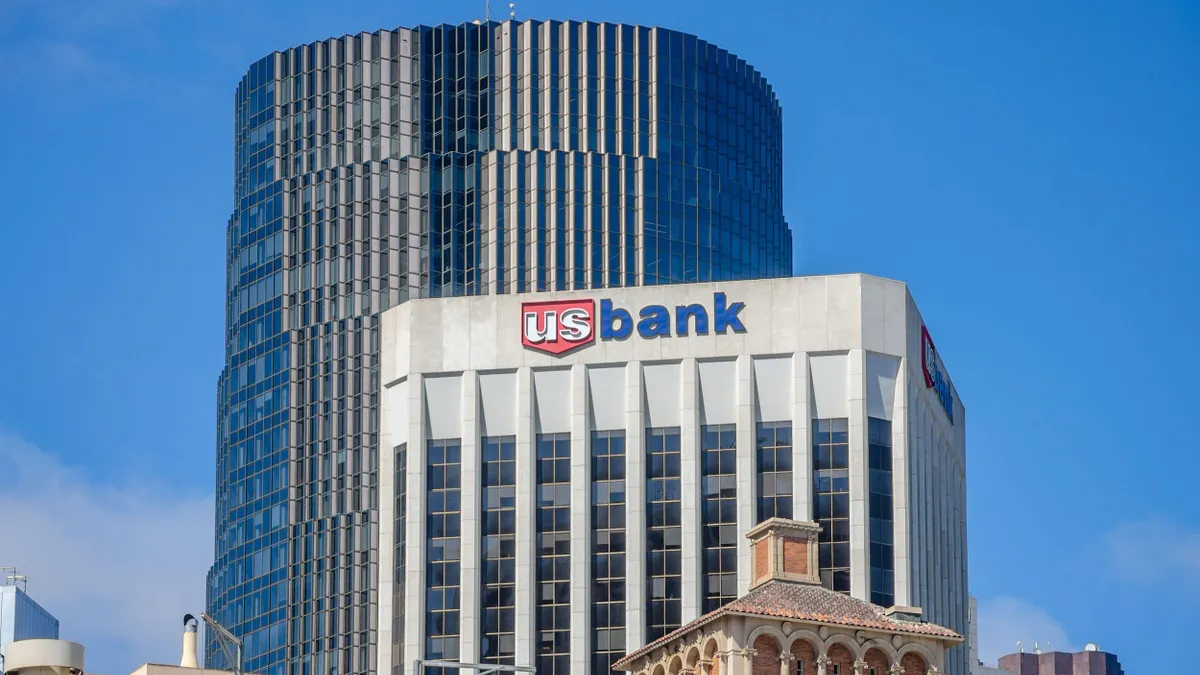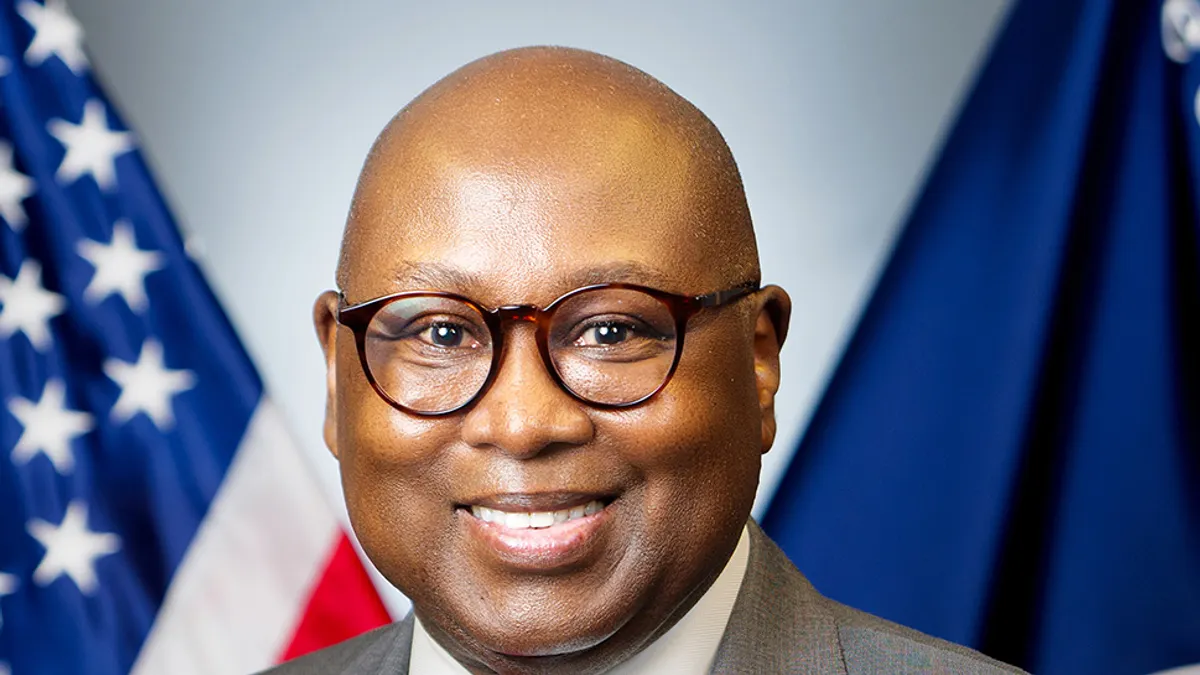The Federal Reserve and the Office of the Comptroller of the Currency each approved Capital One’s acquisition of Discover, the agencies said Friday.
The nods represent, ostensibly, the last two regulatory approvals needed to close the largest merger in the banking space in at least six years.
The combination comes with conditions, however. The Fed fined Discover $100 million over the pricing misclassification issue that has plagued the company for years. Between 2007 and 2023, Discover charged certain merchant customers higher interchange fees associated with commercial accounts (rather than consumer ones) and failed to tell them, regulators have said.
The Fed issued a consent order on the matter, in coordination with the Federal Deposit Insurance Corp. — which brought heavier penalties.
The FDIC issued three orders against Discover on Friday — one carrying a $150 million fine; one requiring the company to distribute at least $1.225 billion in restitution to overcharged customers; and one amending its 2023 consent order related to the price misclassification issue.
“Discover has previewed these orders publicly for several quarters, and they are fully reserved for the fines and restitution,” Capital One said in a statement.
With the approvals, the transaction is now set to close May 18, Capital One said in a press release Friday.
The OCC’s approval hinges on Capital One submitting a plan, within 120 days after the deal closes, on the actions it plans to take to address the causes of the enforcement actions against Discover — and the timeline.
The $35.3 billion acquisition, announced in February 2024, would create the largest U.S. credit card issuer. Capital One is expected to count $660 billion in assets after the transaction closes, the OCC said. That would make it the nation’s eighth-largest bank.
The deal is also estimated to unlock $1.2 billion in annual revenue for Capital One.
In the banking space, the Capital One-Discover deal has long been seen as a test case for the financial deregulation expected in President Donald Trump’s second term. Republican regulators such as FDIC Acting Chair Travis Hill have long groused about the wait times banks must endure for their combinations to be approved. Hill in July proposed a limit on that processing time.
Still, some Democrats and consumer advocates spoke out against the green light for the Capital One-Discover deal.
Sen. Elizabeth Warren, D-MA, on Friday accused regulators of “rubber-stamp[ing]” the combination.
“Today Wall Street initiates the newest member of its Too-Big-To-Fail club at the expense of working Americans and our nation’s financial stability — a daily theme of the Trump Administration,” she said in a statement.
Jeremy Kress, an associate professor of business law at the University of Michigan and a former Fed attorney, posted a string of 20 arguments on social media Friday against the Capital One-Discover merger, concluding that the Fed’s approval order is “perfunctory, poorly reasoned and woefully inadequate.”
“The overwhelming sense one gets upon reading this order in conjunction with today’s Discover enforcement action is that the Fed thinks Discover is a problem bank and that Cap One can take the problem off their hands,” Kress wrote.
Jesse Van Tol, CEO of the National Consumer Reinvestment Coalition, reposted one of Kress’ arguments, adding, “The Fed has utterly failed to show that the public will benefit from this merger. Which is to say they haven’t done their legal duty.”
An ‘exciting moment’
Capital One, in its press release Friday, said it would begin to implement the five-year, $265 billion community benefits plan it announced in July. That includes $200 billion in consumer lending to low- and moderate-income consumers, $575 million in philanthropy and $44 billion for affordable housing, economic development, public infrastructure and alternative energy, according to the bank’s website.
The bank floated the community benefits plan days ahead of a public hearing the Fed and OCC convened. Regulators noted that public feedback in their approval orders Friday.
More than 90% of the 1,370 written comments the OCC received regarding the merger – along with testimony from roughly 150 public-meeting attendees – was negative, the regulator said. The Fed found a similar ratio of opposition to support in the more than 6,100 comments it received, it said – adding, though, that the vast majority were “substantially identical form letters that raised concerns related to competition and financial stability generally.”
The Fed and OCC approvals come roughly two weeks after reports surfaced that the Justice Department’s new antitrust leader, Gail Slater, determined there isn’t sufficient evidence to challenge the deal in court.
Capital One CEO Richard Fairbank called the development an “exciting moment” for the companies.
"We understand the critical importance of a strong and competitive banking system to our customers and our economy, and we appreciate the thoughtful and diligent engagement of our regulators as they thoroughly reviewed this deal over the past 14 months," Fairbank said in a statement Friday.
Capital One’s greatest gain in the deal may be the acquisition of Discover’s payments infrastructure. The bank has previously relied on Discover competitors Visa and Mastercard to process customer payments, but now will get its own network.
Capital One and Discover have both long argued that a deal would provide Visa and Mastercard with a stronger competitor.
"The combination of our two great companies will increase competition in payment networks, offer a wider range of products to our customers, increase our resources devoted to innovation and security, and bring meaningful community benefits," Discover’s interim CEO, Michael Shepherd, said in a statement Friday.
Opponents, however, assert the deal would limit credit-card options for subprime borrowers.
A combined Capital One and Discover would control about 30% of the subprime credit-card market, “double the market share of their closest competitor,” New York Attorney General Letitia James noted in an October petition. James asked a judge for an out-of-state subpoena related to an investigation her office was conducting, related to the antitrust implications of the Capital One-Discover deal.
Van Tol, in NCRC’s official comment Friday, said “it falls to state Attorneys General to intervene against the harmful, anticompetitive Capital One-Discover merger.”
“The feds got this one wrong,” he said.




















